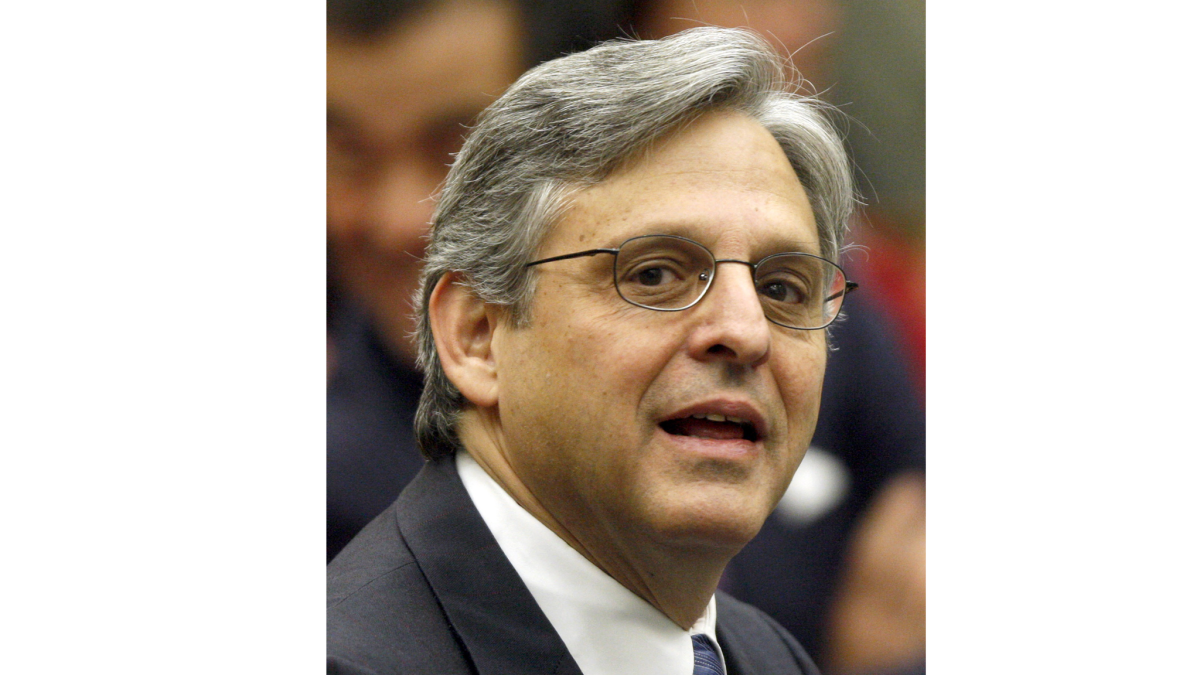Opinion: On Obamacare ruling, don’t insult these judges

- Share via
The fix is in.
That’s not exactly how supporters of the Affordable Care Act are putting it, but there was jubilation among their number this week when the U.S. Court of Appeals for the District of Columbia Circuit made a much-awaited announcement.
The court said that all of its active judges would take part in a rehearing of a decision by a three-judge panel in July that threw an important part of Obamacare into confusion. (For legal nerds out there, the case is titled Halbig vs. Burwell.)
The panel ruled, 2-1, that the Internal Revenue Service acted illegally in approving subsidies for people who obtained their health insurance through a federal exchange. Strictly construing language in the Affordable Care Act, the majority said that subsidies were available only to customers who buy their insurance through exchanges established by states.
The two judges in the majority, Judge Thomas Griffith and Senior Judge A. Raymond Randolph, were appointed by Republican presidents. The dissenter, Senior Judge Harry Edwards, is a Democratic appointee.
But now the panel’s ruling has been vacated and the case will be decided by an ”en banc” court comprising 13 judges --the 11 active judges plus two senior judges who sat on the panel. Eight of the 13 are Democratic appointees (including three confirmed after Senate Democrats eliminated the filibuster for most presidential nominations).
Had the court not decided to rehear the case en banc, the three-judge panel’s decision would have remained on the books and presented a conflict with a ruling by another appeals court, the U.S. 4th Circuit Court of Appeals in Richmond, Va. That would have increased the likelihood that the Supreme Court would hear the case to resolve what lawyers call a “circuit split.”
But if the en banc D.C. Circuit also upholds the rule there would be no conflict — and maybe no review by the Supreme Court.
That’s why supporters of the healthcare law are so pleased that the Democrat-heavy en banc court will now revisit the issue. “Do the math,” they say, and the Obama administration wins.
Or maybe not. I have written before that it’s a fallacy to assume that the party of the president who appointed a judge is a surefire indication of how that judge will rule. (Probably the nation’s best-known Republican-appointed appeals court judge, Richard Posner, wrote the opinion this week striking down bans on same-sex marriage in Indiana and Wisconsin.)
The question in the Halbig case is not whether universal healthcare is a good; it’s whether a court should read a sloppily drafted law with an emphasis on the wording of individual provisions rather than the statute’s overarching purpose.
Even on that point, Democratic appointees may be more likely as a group than Republican appointees to take the broad reading. But it’s not a slam dunk. And it’s insulting to the judges on the court to say that it is.
Follow Michael McGough on Twitter @MichaelMcGough3
More to Read
Sign up for Essential California
The most important California stories and recommendations in your inbox every morning.
You may occasionally receive promotional content from the Los Angeles Times.














